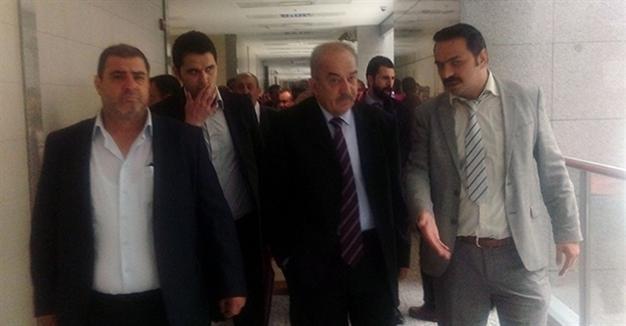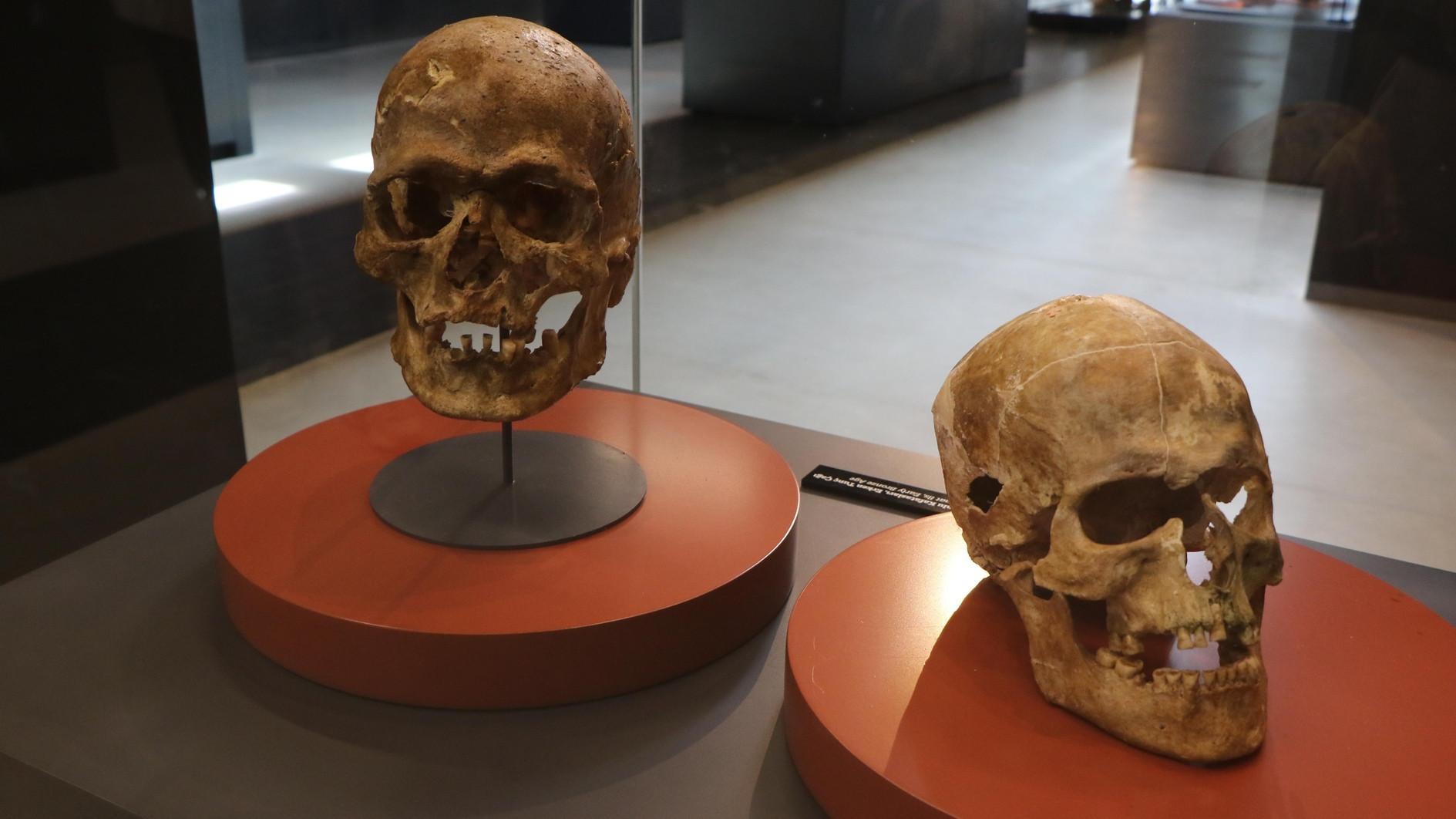Former police chief ‘wasn’t informed’ of threats against slain journalist Hrant Dink
ISTANBUL
 The former police chief of Turkey’s Black Sea province of Trabzon – the origin of Hrant Dink’s murderer – has testified that he was “not informed” about threats against the journalist prior to the attack in 2007.
The former police chief of Turkey’s Black Sea province of Trabzon – the origin of Hrant Dink’s murderer – has testified that he was “not informed” about threats against the journalist prior to the attack in 2007.Trabzon’s police chief at the time of Dink’s assassination in 2007, Reşat Altay, denied the charges against him for “negligence in public duty” and demanded his acquittal during the fourth hearing of the trial on May 26, claiming that important information was withheld from him on purpose by other members of the police organization.
“[Withholding information from me] is a result of attempts to hide Dink’s murder from those on duty, for whatever result they aimed to achieve with [the murder],” Altay told the judge, adding that the assassination of a man like Dink had foreseeable negative impacts on “social peace.”
Altay also put the blame on “people from a certain community,” who were in positions of power inside the law enforcement agency, referring to the purported “parallel state” allegedly led by U.S.-based Islamic scholar Fethullah Gülen with the aim of overthrowing the ruling Justice and Development Party (AKP) government. Altay was replaced by Arif Akkale as Trabzon police chief a week after Dink’s murder on Jan. 19, 2007.
Yasin Hayal, the instigator of Dink’s murderer, Ogün Samast, also asked for his acquittal from court and expressed his apologies to Dink’s family and Turkey’s Nobel-winning novelist Orhan Pamuk – whom he also threatened in 2007.
“The weapon belonged to me. I wouldn’t have given it to Ogün if I knew it would be used for this purpose,” Hayal said while the chief judge dismissed his remarks.
Hayal carried out a bomb attack against a McDonald’s restaurant in Trabzon in 2004 for selling food during the Islamic holy month of Ramadan, accompanied by his collaborator, Erhan Tuncel, who turned out to be a “deputy intelligence officer.”
The lawyer for Tuncel, who is being tried without arrest, was also in court and demanded that an overseas travel ban imposed on him be lifted. The lawyer’s request was also rejected by the court alongside demands for the acquittal of other key suspects, Ali Fuat Yılmazer, Ramazan Akyürek and Ercan Demir, who are jailed pending trial.
Meanwhile, the court issued an arrest warrant for the former technical unit head of the Police Intelligence Department, Yunus Yazar, over charges of “membership in an armed terror organization.”
The court also permitted the complainant Dink family to join the case on charges of “premeditated murder” and “murder by omission” as they were affected by the crime.
The trial was adjourned until June 20, with the court deciding that the next hearings would be held on June 20, 21 and 23.
Relatives and followers of the case have claimed government officials, police, military personnel and members of Turkey’s National Intelligence Agency (MİT) played a role in Dink’s murder by neglecting their duty to protect the journalist.
Turkey’s top court in July 2014 ruled that the investigation into the killing had been flawed, paving the way for the trial of the police officials.
All the names of the suspects implicated in the investigation were reported to have been on duty in police departments in Istanbul, Ankara and Trabzon at the time of Dink’s murder.
Dink, 52, was shot dead with two bullets to the head in broad daylight outside the offices of Agos in central Istanbul on January 19, 2007.
Samast, then a 17-year-old jobless high-school dropout, confessed to the murder and was sentenced to almost 23 years in jail in 2011.
But the case grew into a wider scandal after it emerged that the security forces had been aware of a plot to kill Dink but failed to act.
















